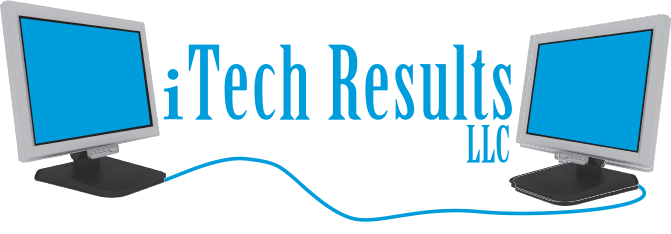FAQ

Frequently Asked Questions
What do all these acronyms in IT mean?
It can be confusing; there are a lot of them. Many acronyms used in IT also exist in other industries making it harder to keep track. Other times you may not want to stop the tech and ask him/her to explain what he/she just said – we understand. Take a quick look at our list of commonly used acronyms for help.
Why can't I print?
A common problem: first, make sure the printer is on and in a ‘ready’ state. For a printer attached to your PC, make sure the cable is plugged into both the PC and the printer. For a network printer, make sure it is listed and online in ‘Devices and Printers’ and find out if others are having an issue. Finally, try a reboot of your PC.
Why can't I open some of my email attachments?
First, always make sure any attachment you open is from a trusted source to avoid viruses, etc. Usually the inability to open an attachment is because you don’t have the software to open the file on your PC or the software is an older version than the version that created the attachment.
I think I have a virus on my computer, what should I do?
First, disconnect your PC from the network to prevent spreading the virus. For Windows XP and later try a ‘system restore’ and then scan the PC with your AV software. If you don’t know how to do this or still have issues, turn off the PC and consult an IT professional.
I purchased a new piece of software, but it doesn't run on my operating system - what should or could I do?
With PCs and Macs you almost always have an option to upgrade to the current version of Windows or the Mac OS. You need to be sure the hardware can support the new OS or you may make the situation worse. Always back up the computer before any OS upgrade.
How often should I replace computers in my office?
Provided your office buys ‘business class’ PCs then you should expect a usable life of 3 years for ‘power’ users and up to 5 years for ‘light’ users. Beyond 5 years many computer parts are living on borrowed time.
How often should I back-up my data and where should I put it?
Back up as often as possible based on how much data you can afford to lose.
Make sure you store a backup offsite or in the cloud. A best practice today is a hybrid approach with a local backup supplementing a cloud based backup.
Make sure you store a backup offsite or in the cloud. A best practice today is a hybrid approach with a local backup supplementing a cloud based backup.
What is the difference between my Office 2010/2013 and Office 365?
Office 2010/2013 is software installed locally on your PC and Office 365 is a subscription service in the cloud. Both provide ways to manage e-mail, documents, work sheets, etc. but today it often isn’t an either/or choice but a hybrid of both products that is best for your business.
I'm just starting a business. What should my immediate IT concerns be, and what should I plan for in the near future?
This is where professional advice can save time and money. Get the hardware and software to meet the immediate need but get great Internet connectivity – time is money. Most important: develop a professional web, e-mail, and social media presence to get your message out.
My business is expanding, what should I be concerned with in relation to IT?
Always share your business plan with your IT consultant as you would your attorney, accountant, and insurance professional. Avoid the incremental approach – that makes IT expensive – instead budget and plan annually to cover all anticipated growth.
My business is relocating. How do I ensure I don't lose data or my email service during the move?
Plan the move in advance so voice and data communications are up and running in your new location and notify customers of any planned outages. Make sure you have multiple, verified backups and that a backup and disaster recovery plan is in place in case the move goes badly.
